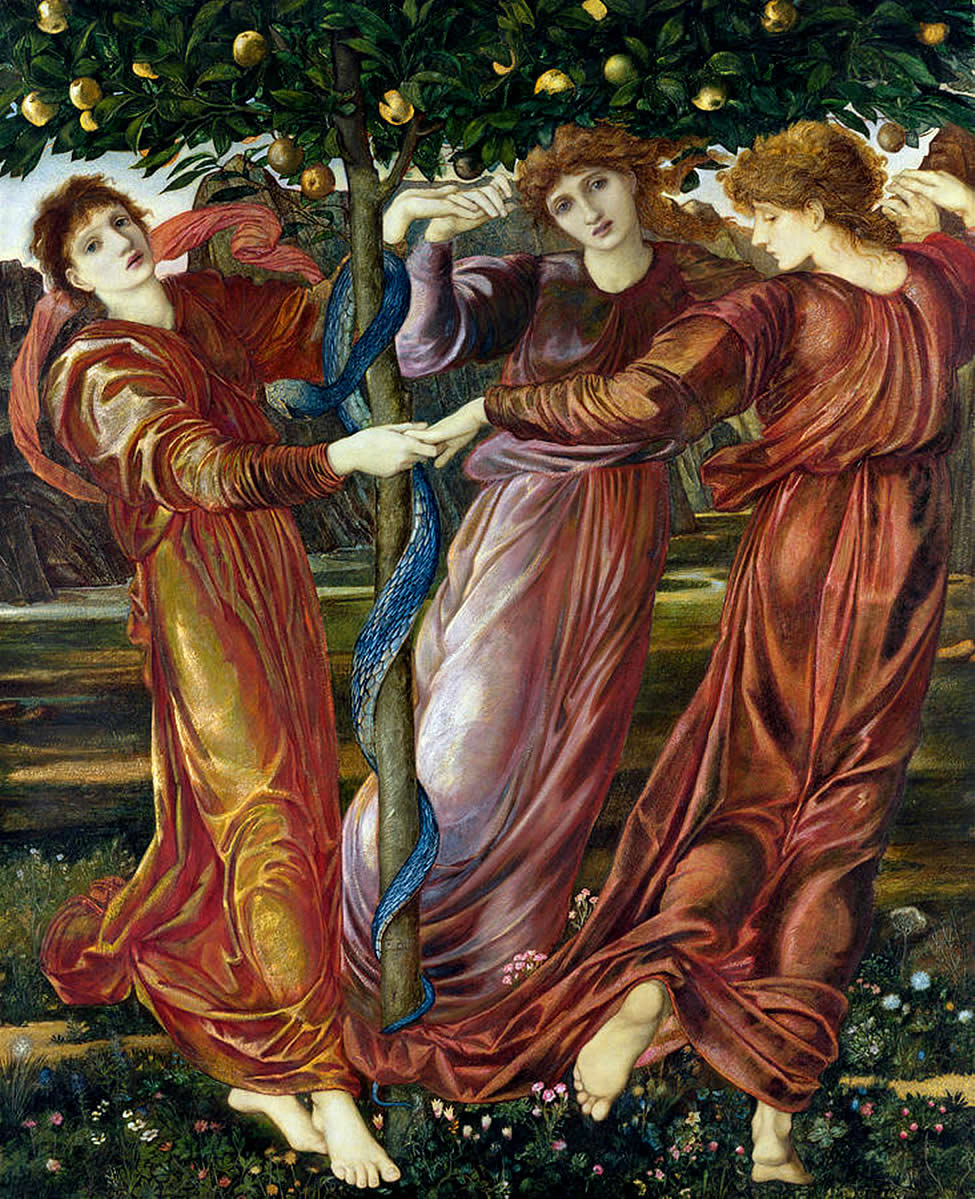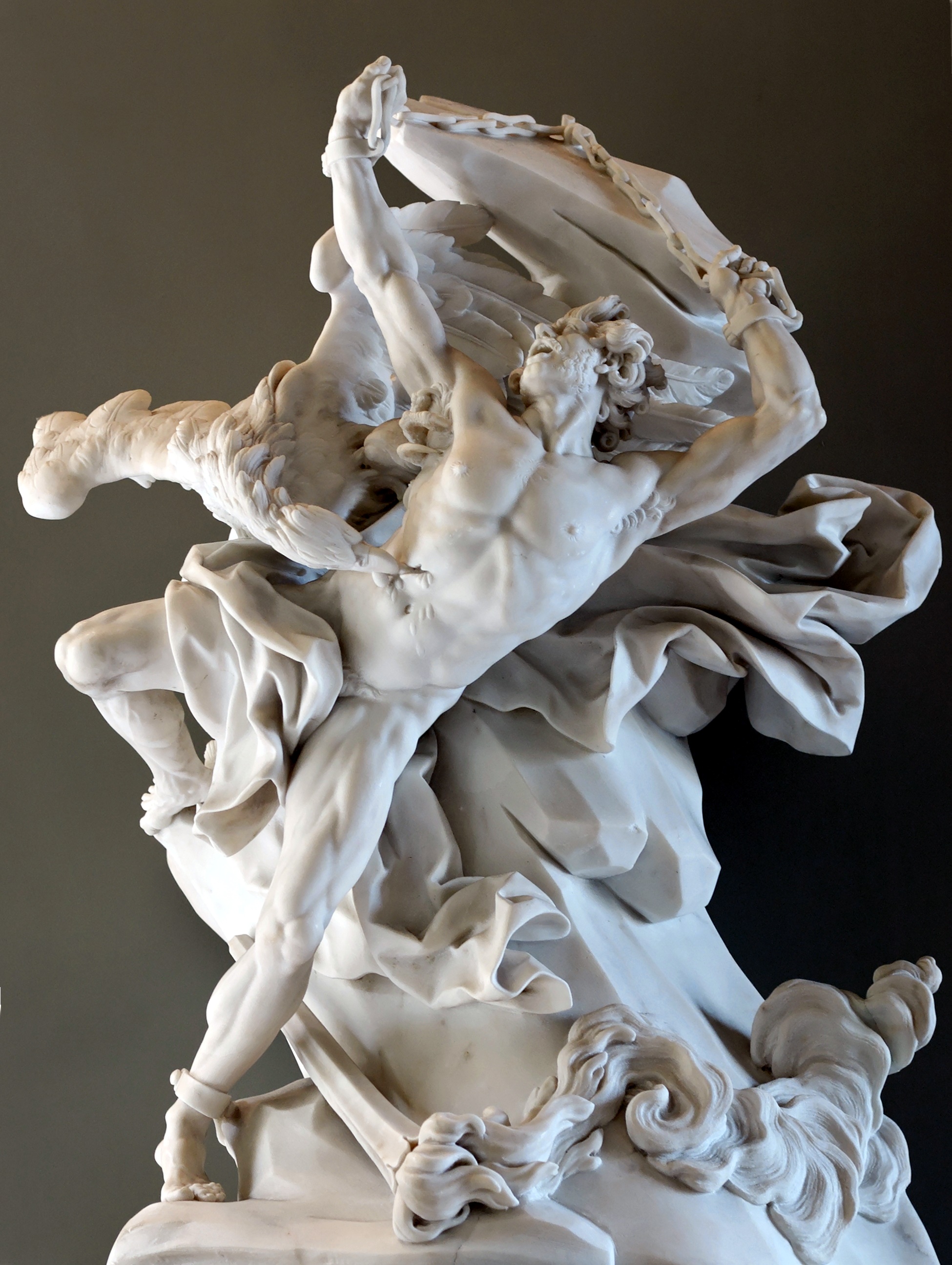|
Eclogue 6
Eclogue 6 (''Ecloga'' VI; ''Bucolica'' VI) is a pastoral poem by the Latin poet Virgil. In BC 40, a new distribution of lands took place in North Italy, and Alfenus Varus and Cornelius Gallus were appointed to carry it out. At his request that the poet would sing some epic strain, Virgil sent Varus these verses.Greenough, ed. 1883, p. 16. The poet speaks as though Varus had urged him to attempt epic poetry and excuses himself from the task, at the same time asking Varus to accept the dedication (line 12) of the pastoral poem which follows, and which relates how two shepherds caught Silenus and induced him to sing a song containing an account of the Creation myth, creation and many famous legends.Page, ed. 1898, p. 139. Context After the Perusine War, Perusine war (41 BC) Gaius Asinius Pollio, Pollio, who had been Legatus, legate in Transpadane Gaul and aided Virgil to recover his farm (see Eclogue 1), had been superseded, as being a partisan of Mark Antony, Antony, by an adher ... [...More Info...] [...Related Items...] OR: [Wikipedia] [Google] [Baidu] |
Theocritus
Theocritus (; , ''Theokritos''; ; born 300 BC, died after 260 BC) was a Greek poet from Sicily, Magna Graecia, and the creator of Ancient Greek pastoral poetry. Life Little is known of Theocritus beyond what can be inferred from his writings. We must, however, handle these with some caution, since some of the poems ('' Idylls''; ) commonly attributed to him have little claim to authenticity. It is clear that at a very early date two collections were made: one consisting of poems whose authorship was doubtful yet formed a corpus of bucolic poetry, the other a strict collection of those works considered to have been composed by Theocritus himself. Theocritus was from Sicily, as he refers to Polyphemus, the Cyclops in the ''Odyssey'', as his "countryman." He also probably lived in Alexandria for a while, where he wrote about everyday life, notably '' Pharmakeutria''. It is also speculated that Theocritus was born in Syracuse, lived on the island of Kos, and lived in Egypt dur ... [...More Info...] [...Related Items...] OR: [Wikipedia] [Google] [Baidu] |
Muses
In ancient Greek religion and Greek mythology, mythology, the Muses (, ) were the Artistic inspiration, inspirational goddesses of literature, science, and the arts. They were considered the source of the knowledge embodied in the poetry, lyric poetry, lyric songs, and myths that were related orally for centuries in ancient Greek culture. The number and names of the Muses differed by region, but from the Classical Greece, Classical period the number of Muses was standardized to nine, and their names were generally given as Calliope, Clio, Polyhymnia, Euterpe, Terpsichore, Erato, Melpomene, Thalia (Muse), Thalia, and Urania. In modern figurative usage, a muse is a Muse (source of inspiration), person who serves as someone's source of artistic inspiration. Etymology The word ''Muses'' () perhaps came from the Indo-European ablaut#Proto-Indo-European, o-grade of the Proto-Indo-European language, Proto-Indo-European root (the basic meaning of which is 'put in mind' in verb formati ... [...More Info...] [...Related Items...] OR: [Wikipedia] [Google] [Baidu] |
Phaethon
Phaethon (; , ), also spelled Phaëthon, is the son of the Oceanids, Oceanid Clymene (mother of Phaethon), Clymene and the solar deity, sun god Helios in Greek mythology. According to most authors, Phaethon is the son of Helios who, out of a desire to have his parentage confirmed, travels to the sun god's palace in the east. He is recognised by his father and asks for the privilege of driving his chariot for a single day. Despite Helios' fervent warnings and attempts to dissuade him, counting the numerous dangers he would face in his celestial journey and reminding Phaethon that only he can control the horses, the boy is not dissuaded and does not change his mind. He is then allowed to take the chariot's reins; his ride is disastrous, as he cannot keep a firm grip on the horses. As a result, he drives the chariot too close to the Earth, burning it, and too far from it, freezing it. In the end, after many complaints, from the stars in the sky to the Earth itself, Zeus strikes Pha ... [...More Info...] [...Related Items...] OR: [Wikipedia] [Google] [Baidu] |
Hesperides
In Greek mythology, the Hesperides (; , ) are the nymphs of evening and golden light of sunsets, who were the "Daughters of the Evening" or "Nymphs of the West". They were also called the Atlantides () from their reputed father, Atlas (mythology), Atlas.Diodorus Siculus. ''Library4.27.2' Etymology The name means ''originating from Hesperos'' (evening). ''Hesperos'', or ''Vesper'' in Latin, is the origin of the name Hesperus, the evening star (i.e. the planet Venus) as well as having a shared root with the English word "west". Mythology The nymphs of the evening Ordinarily, the Hesperides number three, like the other Greek triads (the Charites, Three Graces and the Moirai, Three Fates). "Since the Hesperides themselves are mere symbols of the gifts the apples embody, they cannot be actors in a human drama. Their abstract, interchangeable names are a symptom of their impersonality", classicist Evelyn Byrd Harrison has observed. They are sometimes portrayed as the evening d ... [...More Info...] [...Related Items...] OR: [Wikipedia] [Google] [Baidu] |
Atalanta
Atalanta (; ) is a heroine in Greek mythology. There are two versions of the huntress Atalanta: one from Arcadia (region), Arcadia, whose parents were Iasus and Clymene (mythology), Clymene and who is primarily known from the tales of the Calydonian boar hunt and the Argonauts; and the other from Boeotia, who is the daughter of King Schoeneus and is primarily noted for her skill in the footrace. In both versions, Atalanta was a local figure allied to the goddess Artemis; in such oral traditions, minor characters were often assigned different names, resulting in minor regional variations. Mythology Early life At birth, Atalanta was taken to Mount Parthenion to be Infant exposure, exposed because her father had desired a son. A she-bear—one of the symbols of Artemis—whose cubs had been recently killed by hunters came upon Atalanta and nursed her until those same hunters discovered her and raised her themselves in the mountains. Atalanta then grew up to be a swift-footed vi ... [...More Info...] [...Related Items...] OR: [Wikipedia] [Google] [Baidu] |
Proetus (son Of Abas)
In Greek mythology, Proetus ( ), the son of Abas, was a king of Argos and Tiryns. Family Proetus' father was Abas, son of the last surviving Aegyptiad Lynceus and the Danaid Hypermnestra, had ruled over Argos and married Aglaea or Ocalea, who bore him twin sons, Proetus and Acrisius. Proetus had also an illegitimate brother named Lyrcus, son of his father by an unknown woman. According to Apollodorus, some said Proetus was father of Perseus. By his wife, Antea or Stheneboea, Proetus became the father of three daughters (the so-called Proetides) and a son Megapenthes. The daughters' names are Lysippe, Iphinoe, and Iphianassa in the ''Bibliotheca'' and were often mentioned under the general name of Proetides; Servius calls the last two Hipponoe and Cyrianassa,Servius ad Virgil, '' Eclogue'' 6.48 whereas Aelian only mentions two, Elege and Celaene. Mythology Rivalry of twins Proetus and Acrisius quarreled continually ever since they still were in the womb t ... [...More Info...] [...Related Items...] OR: [Wikipedia] [Google] [Baidu] |
Hylas
In classical mythology, Hylas () was a youth who served Heracles (Roman Hercules) as companion and servant. His abduction by water nymphs was a theme of ancient art, and has been an enduring subject for Western art in the classical tradition. Genealogy In Greek mythology, Hylas was the son of King Theiodamas of the Dryopians and the nymph Menodice, daughter of Orion. In some accounts, his father was Euphemus or King Ceyx of Trachis.Antoninus Liberalis26/ref> Mythology Heracles After Heracles killed Theiodamas in battle, he took on Hylas as his arms-bearer and taught him to be a warrior. The poet Theocritus (about 300 BC) wrote about the love between Heracles and Hylas: Argonauts Heracles took Hylas with him on the Argo, thus making him one of the Argonauts. Hylas was kidnapped by Naiads of the spring of Pegae in Mysia when they fell in love with him, and he vanished into the water with a cry. His disappearance greatly upset Heracles, who, along with Polyphemus ... [...More Info...] [...Related Items...] OR: [Wikipedia] [Google] [Baidu] |
Prometheus
In Greek mythology, Prometheus (; , , possibly meaning "forethought")Smith"Prometheus". is a Titans, Titan. He is best known for defying the Olympian gods by taking theft of fire, fire from them and giving it to humanity in the form of technology, knowledge and, more generally, civilization. In some versions of the myth, Prometheus is also credited with the Creation of life from clay, creation of humanity from clay. He is known for his intelligence and for being a champion of mankind and is also generally seen as the author of the human arts and sciences. He is sometimes presented as the father of Deucalion, the hero of the flood story. The punishment of Prometheus for stealing fire from Olympus and giving it to humans is a subject of both ancient and Prometheus in popular culture, modern culture. Zeus, king of the Olympian gods, condemned Prometheus to eternal torment for his transgression. Prometheus was bound to a rock, and an eagle—the emblem of Zeus—was sent to eat hi ... [...More Info...] [...Related Items...] OR: [Wikipedia] [Google] [Baidu] |
Golden Age
The term Golden Age comes from Greek mythology, particularly the ''Works and Days'' of Hesiod, and is part of the description of temporal decline of the state of peoples through five Ages of Man, Ages, Gold being the first and the one during which the Golden Race of humanity ( ''chrýseon génos'') lived. After the end of the first age was the Silver age, Silver, then the Bronze Age (mythology), Bronze, after this the Greek Heroic Age, Heroic age, with the fifth and current age being Iron Age (mythology), Iron. By extension, "Golden Age" denotes a period of primordial peace, harmony, ecological stability, stability, and prosperity. During this age, peace and harmony prevailed in that people did not have to work to feed themselves for the earth provided food in abundance. They lived to a very old age with a youthful appearance, eventually dying peacefully, with spirits living on as "guardians". Plato in ''Cratylus (dialogue), Cratylus'' (397 e) recounts the golden race of humans ... [...More Info...] [...Related Items...] OR: [Wikipedia] [Google] [Baidu] |
Pyrrha
In Greek mythology, Pyrrha (; ) was the daughter of Epimetheus and Pandora and wife of Deucalion of whom she had three sons, Hellen, Amphictyon, Orestheus; and three daughters Protogeneia, Pandora and Thyia. According to some accounts, Hellen or Helmetheus was credited to be born from Pyrrha's union with Zeus. Etymology In Latin, the word ''pyrrhus'' means red from the Greek adjective πυρρός, ''purrhos'', meaning "flame coloured", or simply "red", referring in particular to people with red hair, as Pyrrha is described by both Horace and Ovid. Mythology When Zeus decided to end the Bronze Age with the great deluge, Pyrrha and her husband, Deucalion, were the only survivors. Even though he was imprisoned, Prometheus who could see the future and had foreseen the coming of this flood, told his son, Deucalion, to build an ark and, thus, they survived. During the flood, they landed on Mount Parnassus, the only place spared by the flood. Once the deluge was over ... [...More Info...] [...Related Items...] OR: [Wikipedia] [Google] [Baidu] |







